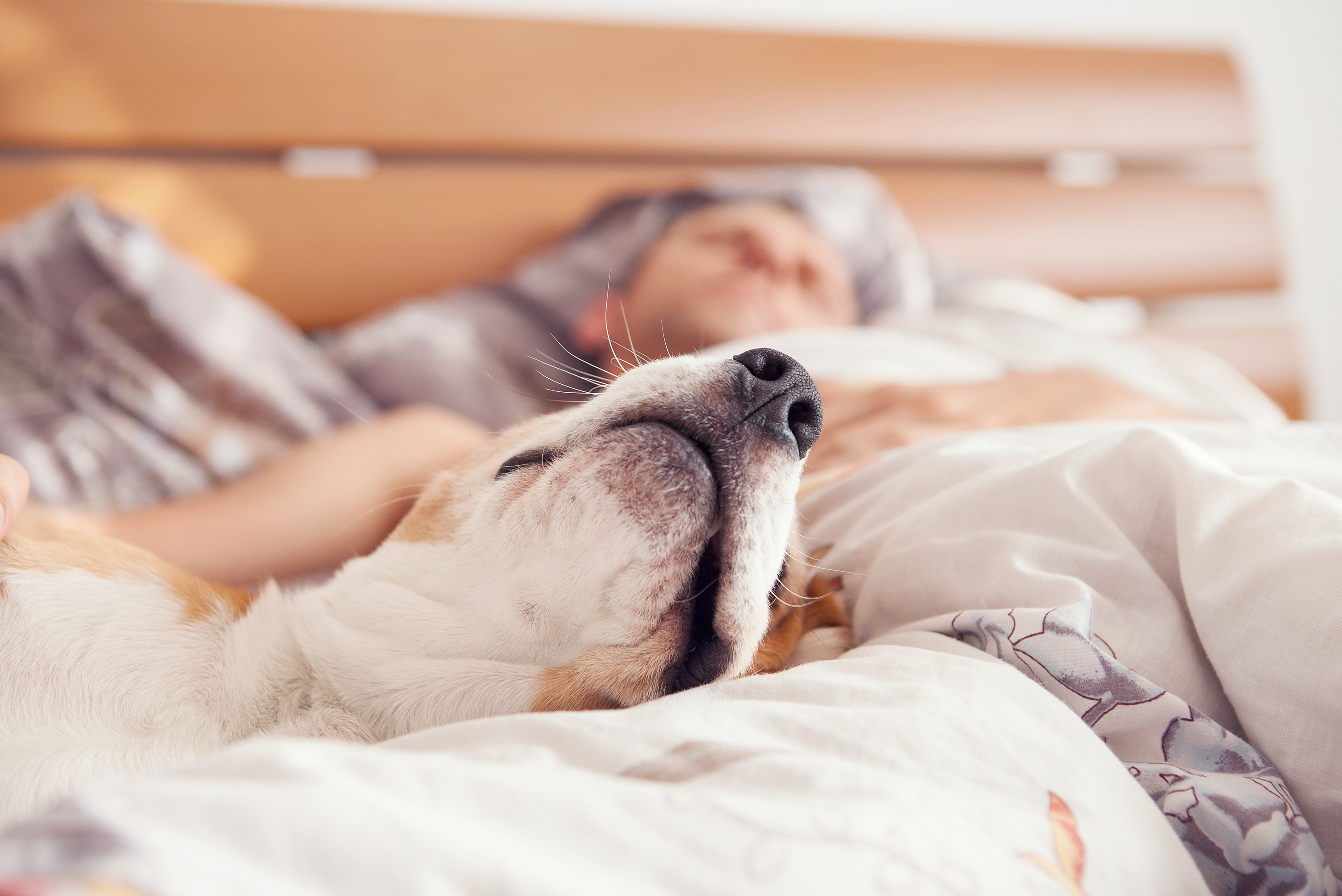Ashford Clinic Blog
Can Your Pet Sleep In Your Bed if You Have Allergies?
 Even if you have allergies related to your pets, they more than likely sleep in the same room that you do. You might even share your bed with them. So the question might not be whether they sleep near you or not, but if they should. For many of us, pets are family after all.
Even if you have allergies related to your pets, they more than likely sleep in the same room that you do. You might even share your bed with them. So the question might not be whether they sleep near you or not, but if they should. For many of us, pets are family after all.
If your pet lives inside, there’s already pet dander everywhere.
Let’s clear this up first - if you have an indoor pet, then their dander is already all over your home, including your bed, even if they don’t sleep on the bed with you. Not sharing your bed with your bed can reduce your allergen exposure, but it won’t eliminate your exposure.
“But my pet is never in my bedroom.”
Thanks to HVAC ducts, whatever is in the air in one part of your home will spread to the rest of your home. The concentration might not be as high, but if there is circulating air then there is circulating dust and dander. There are things that you can do to reduce the allergens in your home though.
Regular pet grooming. Brushing your pet’s fur at least once a week can help control fur and dander. Regular baths can also remove the pollen, mold spores, and other dust that gets carried inside after trips outdoors.
HEPA filters. There is a wide range of vacuum cleaners that come with HEPA filters, and regular vacuuming of floors AND fabric surfaces can make a huge difference when it comes to allergies. Don't forget surfaces like sofas, fabric lampshades, and curtains.
Regular, thorough cleaning. Keeping your home clean and well-dusted is one of the best things that you can do to keep pet allergies at bay.
Keep your HVAC well maintained. If you have pets, you should be changing the air filters more often, possibly even monthly. You might even want to talk to a local HVAC technician about central air purifiers.
Ditch the carpets. If your allergies are more severe, you might want to consider hard flooring options. The most popular option is hardwood, however, luxury vinyl is a great option especially when it comes to muddy paws.
If you can’t stand the thought of your pet sleeping anywhere other than in your bed with you, there are over-the-counter antihistamines and other medications. Your ENT can help you find the best solution for you and your pet to happily coexist together while getting a good night's sleep as well.


